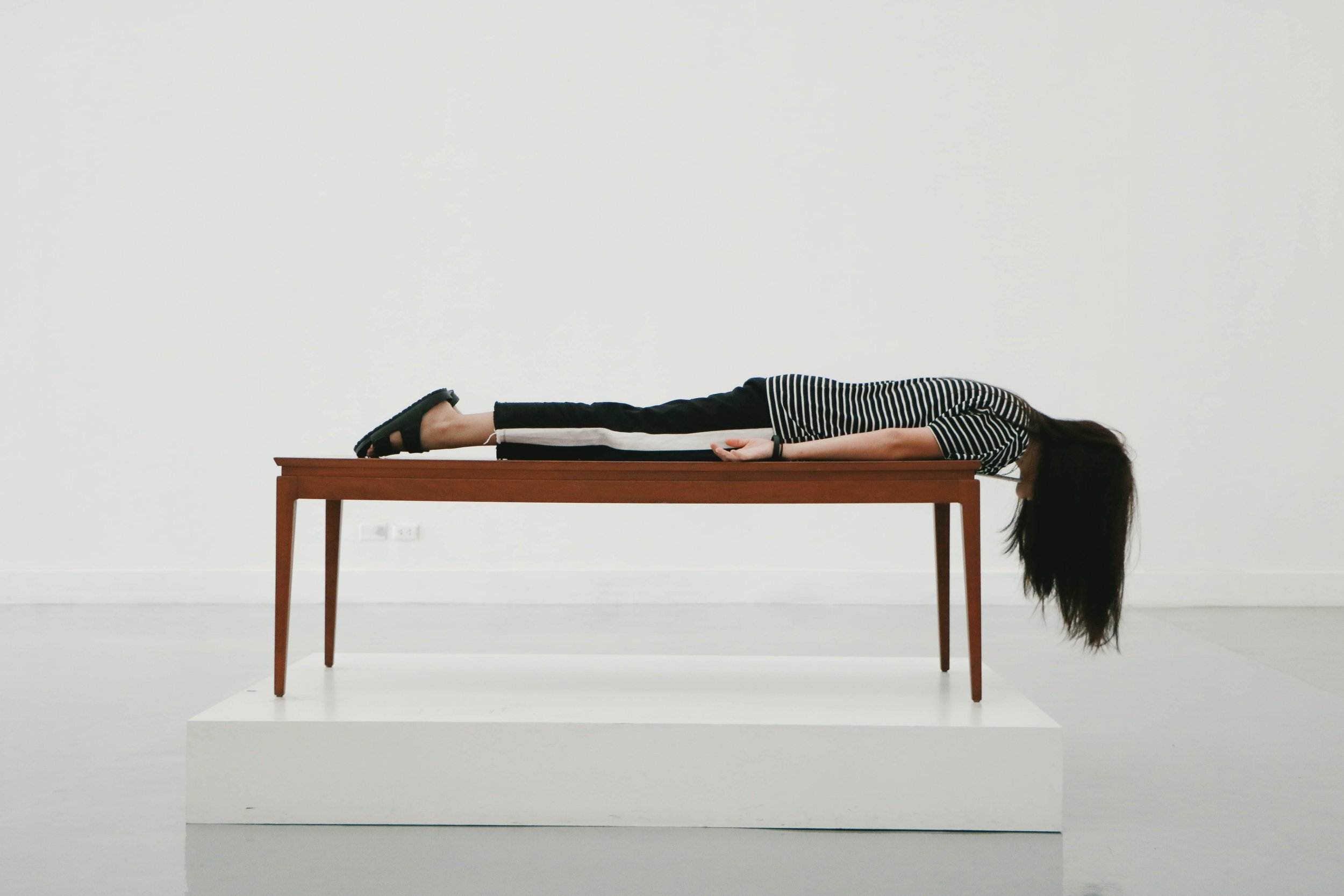#126 - What is Orthosomnia?
Hey there - Prof MG from WINK Sleep. Ready for a mini-breakdown?
“Somnia” means sleep.
“Ortho” means straight (or erect - but we won’t go there just yet …)
The term Orthosomnia was coined by a team led by Kelly Glazer Baron, stating that:
“.. patients are preoccupied or concerned with improving or perfecting their wearable sleep data. We chose this term because the perfectionist quest to achieve perfect sleep is similar to the unhealthy preoccupation with healthy eating, termed orthorexia”.
In her initial report, Associate Professor Baron detailed 3 people seeking treatment for sleep issues.
All had been using wearables - and all 3 patients held unchanging views of their sleep tracker data. This is despite:
one patient not remembering their awakenings during the night that their sleep tracker said they had, and
another patient who refuted parts of her results from an overnight sleep study using polysomnography (eg, the best measure of sleep stages).
Since the announcement of this new phenomenon in 2017, there has been approximately 1 study on Orthosomnia.
Search for it in Google, and you’ll get about 33,000 results in under a second.
So why bother giving this phenomenon air?
Apple Watch
13 days ago, Apple announced a whole swag of new features in really wide rooms.
Of interest to us sleepy folks was the announcement that the Apple Watch will provide wearers with their nightly sleep stages.
You can see the announcement here (fast forward to the 49 minute 30 second mark … why do we still say fast forward?).
When I watched this announcement, one question popped into my head.
Why?
Do people really want to know their sleep stages?
Insomnia Treatment Program
In the year that Franz Ferdinand’s Take Me Out won the Triple J’s Hottest 100 (ie, 2004), I was part of a small team learning how to tell patients with insomnia about their sleep stages.
In summary, they really didn’t give a toss.
Sure, it may have been interesting at the time - seeing all of those different colours - the nice blues of deep sleep, and seeing the patches of red REM sleep towards the end of the night.
But how long they enjoyed it? Well, here’s five words. Stormy Daniels and Donald Trump.
We actually tested, in 34 people with insomnia, whether showing them their sleep stages improved their sleep.
The answer is the name of the 4th song on Smashing Pumpkins’ classic Mellon Collie and The Infinite Sadness album.
So again - do people really want to know their sleep stages?
Cause I’m betting after a while they don’t.
And the other thing …
It appears that the benefits from the treatment of insomnia aren’t well detected by objective measures of sleep (eg, wearables).
But There’s A Catch …
Orthosomnia is a bit like Bedtime Procrastination.
It’s all over the internet, so it must be true (even if there’s bugger all data measuring it).
Or - maybe we need to look at this from a different angle?
An element of Orthosomnia appears to be striving for perfection … or at least perfect sleep.
If one looks hard enough, there is more research on perfectionism, sleep and insomnia - than there is for orthosomnia. We’ve even published a couple of studies on perfectionism (see here).
And there are interventions to help people reduce perfectionism.
Associate Professor Baron notes that these 3 patients with orthosomnia showed some level of treatment resistance.
Perhaps the insomnia world needs to begin treating perfectionism?
After all, orthosomnia is not a recognised sleep disorder.
Prof MG




